By Kip Jones
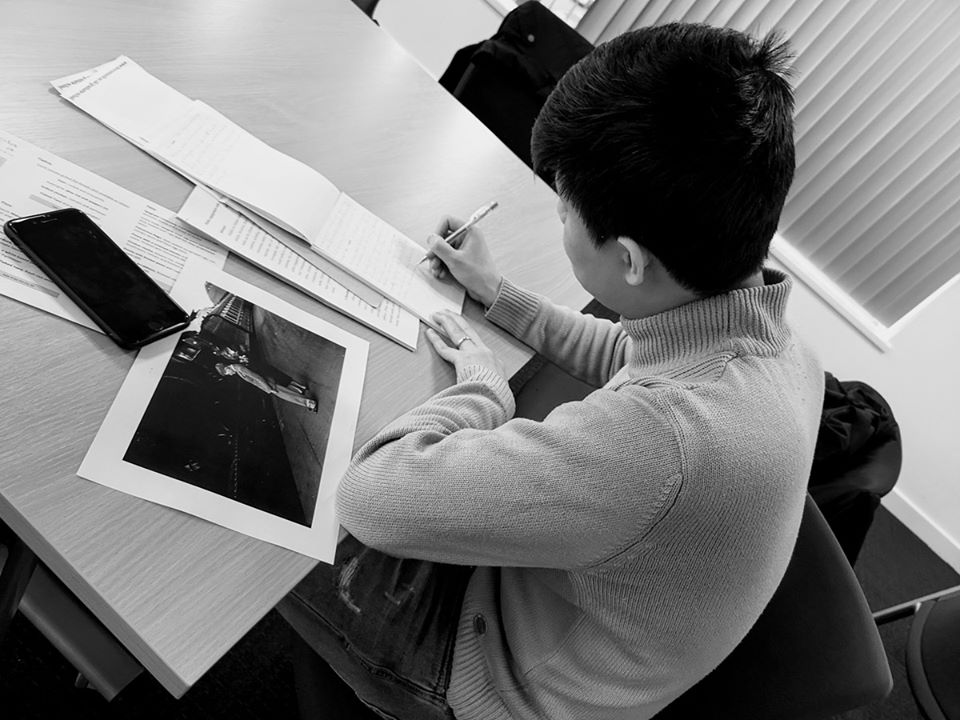
Since the changing of the year seems to be the time for lists, top ten lists, etc., I decided to compile mine about being creative whist producing cutting‐edge research. Not for the faint‐hearted! Here goes:
1. Be curious. Be a detective. Be ready to be surprised by answers you never expected. It should, in the end, be a good story that you can tell.
2. Insure that the method fits the question(s). This can often take some time. Be willing to investigate until you find the right method. This will save you a lot of grief later.
3. Explore methods. Combine them, expand them, reinvented them, but be prepared to then follow them.
4. If your research question is about people, find a way to really involve them in the process, not just answer some stupid questions.
5. Don’t panic if you method produces a lot of data. Swim in it. It’s fun and it is here that the surprises bubble up. Whatever you do, try to avoid reducing the amount of data by ‘categorizing’ it. (I detest little boxes.)
6. Think hard and long about how you want to share the results of your efforts. Text is only one of many possibilities. Really try to get your personal interests out of the way in this process and let the data lead you in selecting a format or art form.
7. Research is about discovery; Dissemination is about putting your findings into action. Ideally, we can be creative at both.
8. About half of your effort (and time) should be on producing the research, the other half on creating the outputs.
9. Creative outputs produce unexpected outcomes. Be willing to experiment, ‘go it alone’. ‘Doing’ and ‘making’ produce additional findings. Use them, they are rich and you’ve earned them.
10. Be willing to make 100 versions, then one more (Sister Corita Kent). It’s that last one that you will use.
Note: Remember, oh ye serious social scientists, that in Big Science, some of the greatest discoveries were made through mistakes and acknowledging the unexpected. Therefore:
Rule 11: Be curious about the history of your craft. Soak up as much as you can. It will both inspire and lead you.
This article by Kip Jones originally appeared on his
personal KIPWORLD blog and was then published by Creative Quarter and Social Science Space.

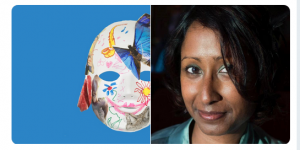







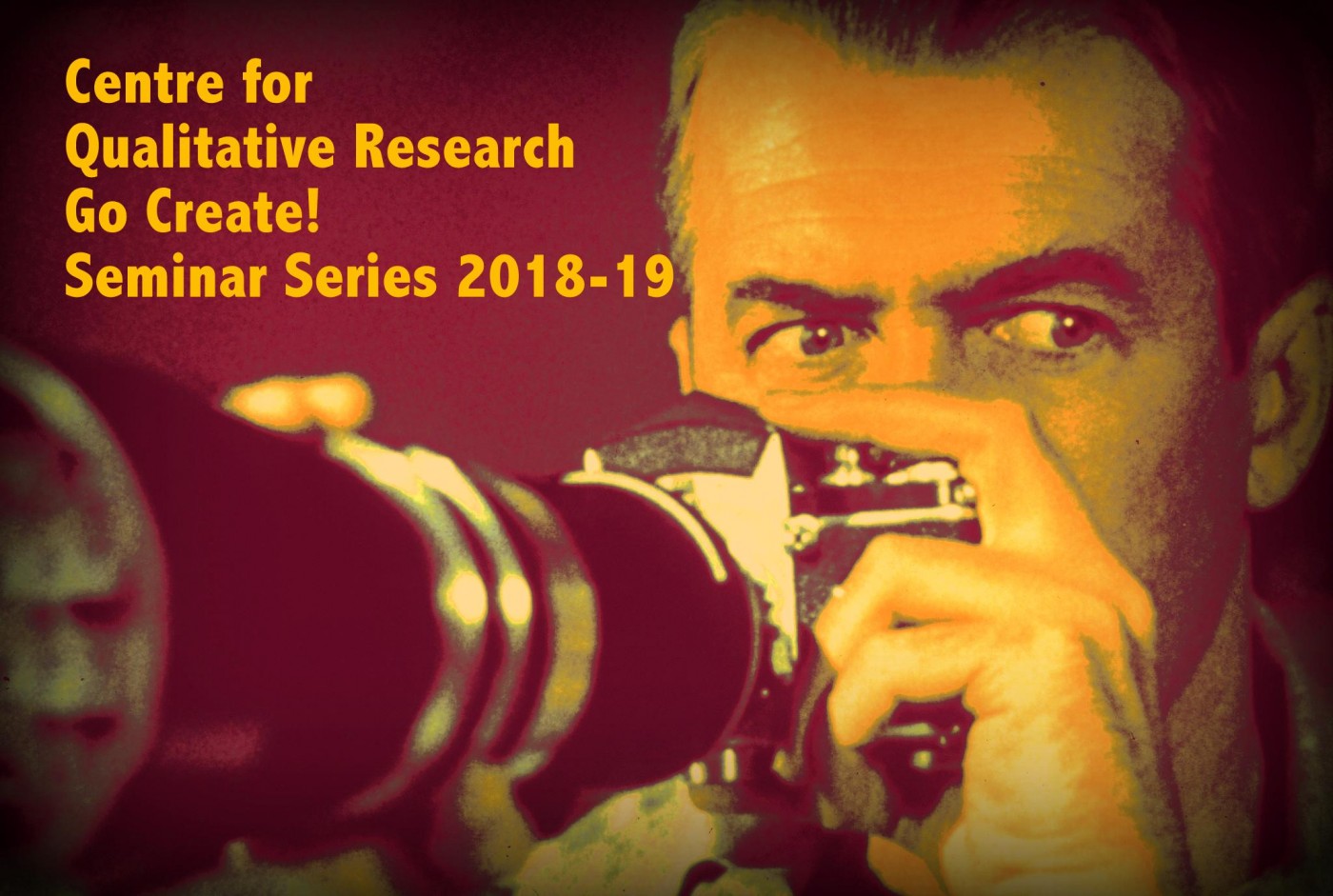

 Some possibilities:
Some possibilities:


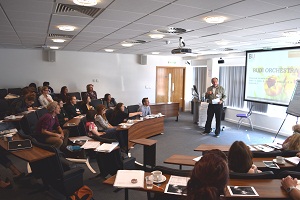
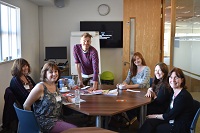












 UKCGE Recognised Research Supervision Programme: Deadline Approaching
UKCGE Recognised Research Supervision Programme: Deadline Approaching SPROUT: From Sustainable Research to Sustainable Research Lives
SPROUT: From Sustainable Research to Sustainable Research Lives BRIAN upgrade and new look
BRIAN upgrade and new look Seeing the fruits of your labour in Bangladesh
Seeing the fruits of your labour in Bangladesh Exploring Embodied Research: Body Map Storytelling Workshop & Research Seminar
Exploring Embodied Research: Body Map Storytelling Workshop & Research Seminar ECR Funding Open Call: Research Culture & Community Grant – Apply now
ECR Funding Open Call: Research Culture & Community Grant – Apply now ECR Funding Open Call: Research Culture & Community Grant – Application Deadline Friday 12 December
ECR Funding Open Call: Research Culture & Community Grant – Application Deadline Friday 12 December MSCA Postdoctoral Fellowships 2025 Call
MSCA Postdoctoral Fellowships 2025 Call ERC Advanced Grant 2025 Webinar
ERC Advanced Grant 2025 Webinar Update on UKRO services
Update on UKRO services European research project exploring use of ‘virtual twins’ to better manage metabolic associated fatty liver disease
European research project exploring use of ‘virtual twins’ to better manage metabolic associated fatty liver disease